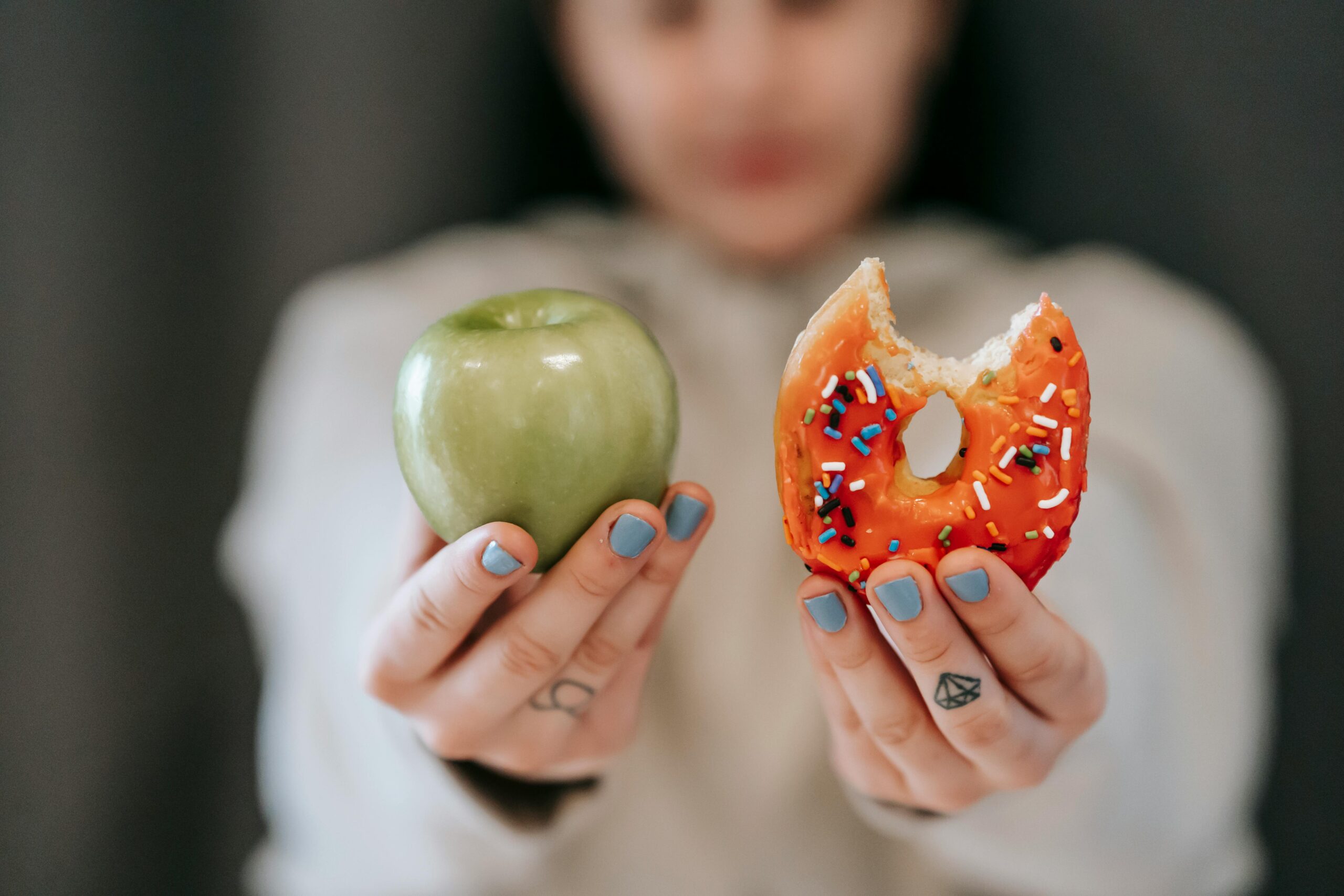In today’s fast-paced world, eating has become automatic, almost mindless. Many of us eat while working, watching TV, or checking our phones, paying little attention to the food we’re eating or the signals our bodies are sending. Mindful eating is a preparation that boost us to slow down and grow a strong, planned connection with food. By concentrating on the current moment and enjoying every bite, we can recover digestion, lessen overeating, and rise our overall well-being.

What is mindful eating
Mindful eating comes from a broader concept of mindfulness, which is being fully present and engaging in the present moment without judgment When applied to food, mindful eating means being mindful by the sensory experience of food: the taste, smell, texture and texture of food, also according to the hunger and swallowing of the food
The benefits of mindful eating
Mindful eating offers many physical and mental benefits:
- Improves digestion: Eating slowly and chewing well helps with digestion, allowing the body to absorb nutrients better.
- Weight Management: By listening to hunger and mae cues, mindful eaters are less likely to overeat and more likely to maintain a healthy weight.
- Increased Happiness: Mindful eating helps us to like our food and derive more satisfaction and pleasure from eating.
- A healthy relationship with food: This practice can reduce emotional eating and help individuals develop a healthier, more balanced approach to food.
How to practice mindful eating
How to practice mindful eating
There are many steps in mindful eating that can easily be incorporated into daily life. Here are some experienced tips to get you ongoing.
- Eat slowly
One of the basic principles of mindful eating is to eat slowly. This gives you a well idea of the perception and texture of your food. Here’s how to slow it down.
– Chew well: Aim to chew each bite 20-30 times. This not only improves digestion but also the taste of your food.
– Put Your Fork Down: Put your fork down between bites and take a moment to breathe and appreciate the food you just ate.
- Prevent distractions
Eliminate distractions like TV, smartphones and computers to really focus on your food. Create a quiet and cozy dining area where you can focus on your food.
3.Monitor hunger and fullness cues
Before you start eating, rate how hungry you are on a scale of 1 to 10, where 1 is extremely hungry and 10 is extremely full. Aim to eat when you are relatively hungry (around 3 or 4) and stop when you are full (7 or so).
- Use your instincts
Before you take your first bite, take some time to describe the look, smell and texture of your food. Notice the colors, shapes and smells. When you eat it, notice how it tastes and how it changes when you chew it.
- Think about your food
Consider where your food comes from and how it is made. Thinking about the journey of food—from farm to your plate—can enhance your appreciation and appreciation for the food you eat.

Tips for using mindful eating in everyday life
Tips for using mindful eating in everyday life
Incorporating mindful eating into your daily routine can be challenging at first, but with practice it becomes more natural. Here are some tips so you can incorporate mindful eating:
- Start small
Start by eating mindfully by eating just one meal or snack a day. As you recover, gradually increase the amount of food you eat mindfully.
- Have a fun restaurant
Set the table, use comfortable cutlery, and provide a comfortable and inviting atmosphere for dining. Pleasant weather encourages mindful eating.
- Eat a regular diet
Skipping meals can make you very hungry and overeat. Aim to eat balanced meals on a regular basis to keep hunger in check.
- Be patient with yourself
Mindful eating is a process that takes time to develop. Be patient and know that it’s okay to eat mindlessly sometimes. The goal is progress, not perfection.
Addressing common challenges
Addressing common challenges
Mindful eating can be difficult, especially in a culture that encourages fast food and multitasking. Here are some ways to overcome common obstacles.
- Timeout
Many feel they don’t have time to feed their mind. To prevent this, start making small changes like taking a few deep breaths before eating or chewing each bite a few more times. In turn, you can incorporate more mindful eating habits into your routine.
2.Emotional Eating
Eating in response to emotions rather than hunger is a common challenge. To deal with emotional eating, try to identify the emotions that trigger your eating behavior and find alternative ways to cope, such as journaling, exercising, or a friend something to talk about
- Social Situation
Eating mindfully in social settings can be difficult with conversation and distractions. Focus on the social aspect of eating in these situations and try to incorporate at least one mindful eating habit, such as pausing to taste your food the joy of the first

Mindful Eating and Weight Management
Mindful Eating and Weight Management
One of the most important benefits of mindful eating is its ability to control weight. By paying attention to hunger and cues of fullness, mindful eaters are less likely to overeat and make healthier food choices.
- Reduce Overeating
Mindful eating helps reduce overeating by recognizing portion size and body type cues. When you eat mindfully, you realize more when you’re full and stop eating before you feel too full.
- Choose healthy foods
Mindful eating encourages a greater appreciation for the sweet and sour tastes of natural foods. This often leads to a preference for healthy, low-process foods that nourish the body.
Conclusion
Mindful eating is a powerful tool for developing a healthy relationship with food. By slowing down, eliminating distractions, and focusing on the sensory experience of eating, we can increase our enjoyment of food, increase digestion, and manage our weight well. Although it can take time to develop mindful eating habits, the benefits are well worth the effort. Start small, be patient with yourself, and slowly incorporate mindful eating into your daily routine. Over time, you will find that mindful eating becomes a natural and beneficial part of your life.




